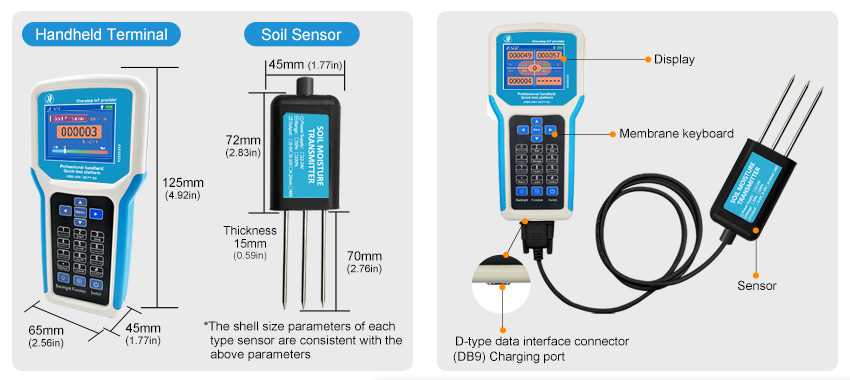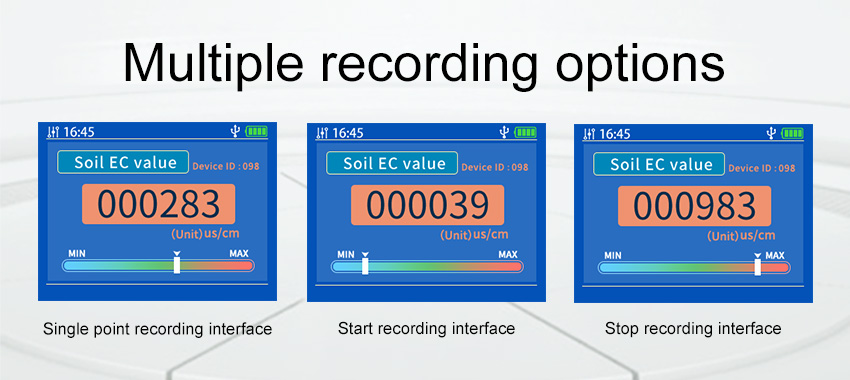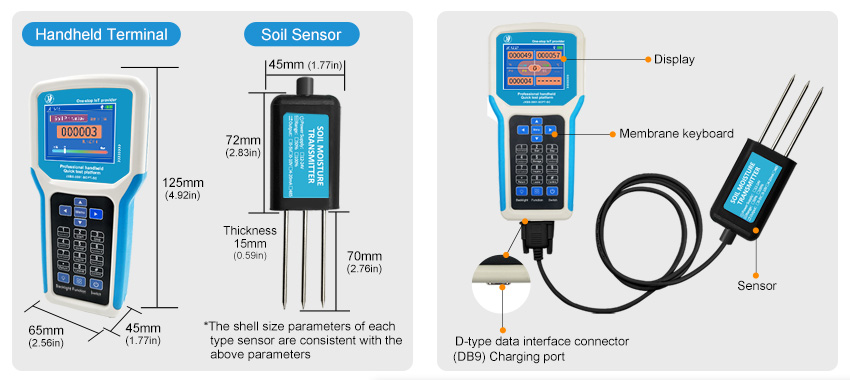Farming practices have come a long way over the years, thanks to technological advancements. Among these innovative technologies, soil sensors have emerged as game-changers in the field of agriculture. Soil sensors allow farmers to gather precise and real-time data about their soil conditions, enabling them to make informed decisions and optimize their farming practices. In this article, we will discuss how soil sensors revolutionize farming practices and the numerous benefits they offer.

Accurate Monitoring of Soil Conditions:
Traditionally, farmers relied on manual methods or subjective visual assessments to monitor soil conditions. However, these methods often proved to be time-consuming and unreliable. Soil sensors, on the other hand, provide accurate and objective measurements of crucial soil parameters such as moisture content, pH levels, temperature, salinity, and nutrient availability. This real-time data empowers farmers to take appropriate actions based on the specific needs of their crops.
Improved Water Management:
Water is a precious resource in agriculture, and efficient water management is essential for sustainable farming. Soil sensors play a crucial role in optimizing water usage by providing accurate information on soil moisture levels. With this data, farmers can determine the exact amount of water their crops require, avoiding both over-irrigation and under-irrigation. By using water efficiently, farmers can conserve this valuable resource and reduce their water-related expenses.
Enhanced Nutrient Management:
Proper nutrient management is vital for crop health and productivity. Soil sensors aid in optimizing nutrient application by providing detailed insights into soil nutrient levels. Farmers can use this data to ensure that their crops receive the right amount and type of nutrients at the appropriate times. By avoiding over-fertilization or under-fertilization, farmers can maximize their crop yields while minimizing nutrient waste and environmental pollution.
Customized Crop Management:
Every field has its unique characteristics, including variations in soil composition and nutrient distribution. Soil sensors enable farmers to identify these variations and implement customized crop management strategies. By mapping soil properties and integrating the data with precision agriculture technologies, farmers can adjust their irrigation, fertilization, and planting practices according to the specific needs of each field section. This targeted approach improves resource efficiency and optimizes crop yields.

Early Detection of Soil Issues:
Soil problems, such as nutrient deficiencies or imbalances, can have a significant impact on crop health if not addressed promptly. Soil sensors act as early warning systems by alerting farmers to potential soil issues before they become visible to the naked eye. For example, sensors can detect changes in soil pH levels, indicating the need for lime application to combat soil acidification. By addressing these issues early on, farmers can prevent crop losses and maintain healthy soil conditions.
Reduced Environmental Impact:
Efficient use of resources is not only important for farm profitability but also for minimizing environmental impact. Soil sensors contribute to sustainable farming practices by reducing the overuse of water and chemicals. With real-time data on soil moisture and nutrient levels, farmers can apply water and fertilizers more precisely, avoiding unnecessary waste or runoff into nearby water bodies. This reduces the risk of water pollution and contributes to the preservation of ecosystem health.
Integration with Farm Management Systems:
Modern farming involves the use of various technologies and software systems to streamline farm operations. Soil sensors can be seamlessly integrated with farm management systems, allowing farmers to collect, analyze, and visualize soil data alongside other relevant information such as weather forecasts, pest alerts, and yield maps. This integration enables farmers to make data-driven decisions, optimize farming operations, and monitor changes in soil conditions over time.
Future Possibilities:
As technology continues to advance, soil sensors hold even more potential in revolutionizing farming practices. Innovations such as wireless connectivity, increased automation, and machine learning algorithms will enhance data collection, interpretation, and decision-making capabilities. Furthermore, ongoing research and development efforts aim to make soil sensors more affordable and user-friendly for farmers of all scales. These advances will drive the widespread adoption of soil sensor technologies and their integration into precision agriculture systems.
Conclusion:
Soil sensors have revolutionized farming practices by providing accurate and real-time data on soil conditions. Farmers can leverage this data to optimize water and nutrient management, customize crop practices, detect issues early, and reduce







